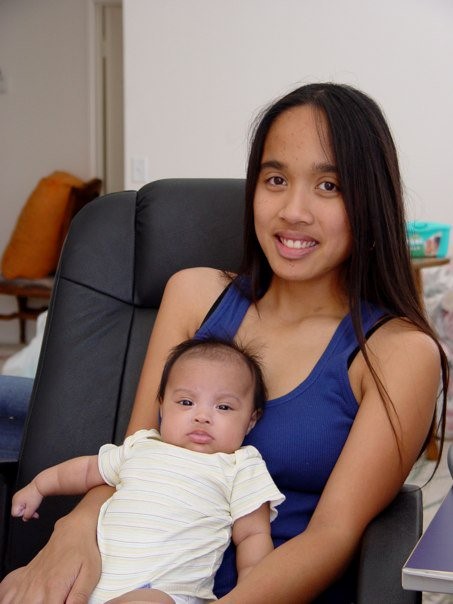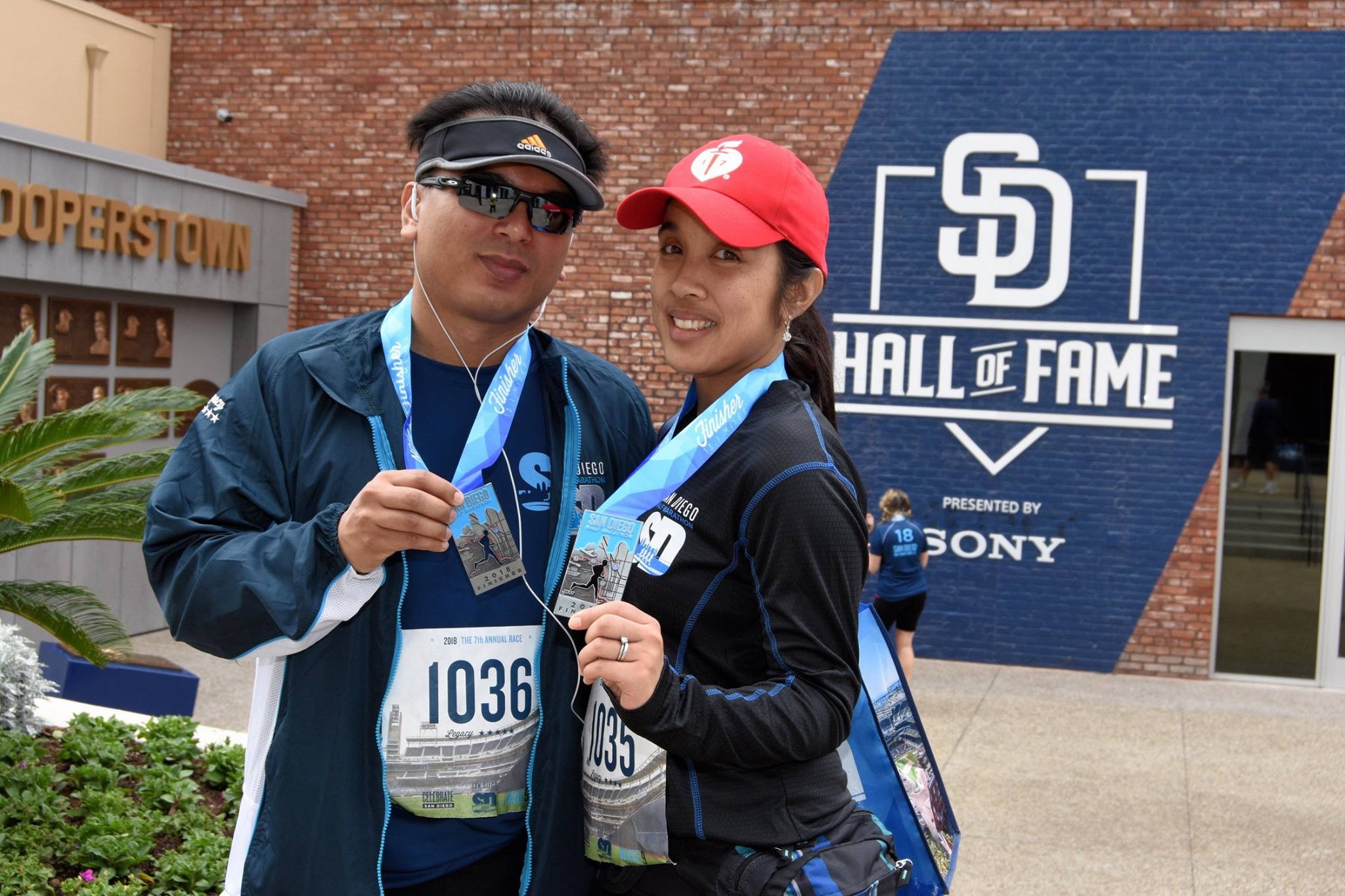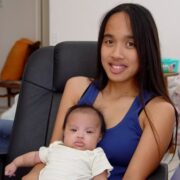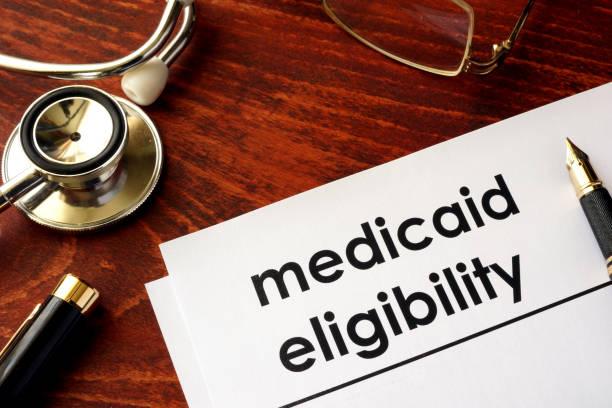By Jenylyn Carpio
My name is Jenylyn Carpio and I’m a sudden cardiac arrest survivor. In July 2005, I was 22 years old and a brand new mom to a baby girl, and on the afternoon of July 11, my life changed.

I was visiting my mom in San Diego with my daughter. Being new to motherhood, my mom offered to spend time with my daughter so I could take a nap following lunchtime. I remember laying down on the bed and closing my eyes, then regaining consciousness to my mom performing CPR on me. My mom, who works in the health care field, said I had sudden cardiac arrest. That is when the heart malfunctions and suddenly stops beating unexpectedly, often without warning.
I was taken immediately to the hospital and doctors ran a number of tests. I was diagnosed with Long QT Syndrome and Complete Heart Block based on my medical history and my heart rate not responding to treatment. The following day I received my first implantable cardioverter defibrillator, known as ICD for short. An ICD is a battery-powered device placed under the skin that keeps track of your heart rate. Thin wires connect the ICD to your heart. If an abnormal heart rhythm is detected the device will deliver an electric shock to restore a normal heartbeat if your heart is beating chaotically and much too fast.
I was a new mom, a wife, a college student, and now a young woman who was going to rely on a battery-powered heart. Everything felt like it was happening so fast and I was overwhelmed with emotion. I went through a long period of healing and during that healing period I’ve learned about the importance of maintaining my heart health, being aware of my family medical history, and leading a healthy lifestyle.
Life can be so fast-paced and we women often put ourselves and our well-being on the backburner. Women often hold multiple roles and wear many hats in their day-to-day lives, and many of us end up putting our own hearts in second or even third place on our daily to-do lists.
Thanks to the support of the American Heart Association, I’ve learned a lot more about my own heart, as well as the importance of staying active and leading a healthier lifestyle. I’ve participated in a number of running events, annual AHA Heart Walks, volunteered at AHA events — sometimes dressed as the mascot, Ticker — and I’ve been an active parent volunteer at my daughter’s school, especially for her Marching Band and Drumline program.

And as a volunteer and local ambassador for the AHA’s Go Red for Women movement, I often share my experience to raise awareness of sudden cardiac arrest and the lifesaving power of CPR. If it weren’t for my mom springing into action with CPR that day, I would have missed so many milestones and memories with my family.
But my heart health journey is not over. In 2018, I had another heart health scare and, in July of last year, I had my ICD replaced for the fourth time in the midst of the COVID-19 pandemic. I’m truly grateful for the care I received during that scary time.

It’s been an ongoing journey with my heart health. However, I hope I can lead by example and inspire others to keep going in the face of adversity and take care of their heart.
I’m sharing my heart story in hopes of letting fellow survivors and those affected by cardiovascular disease know that you are not alone in your journey. Through support, knowledge and incorporating healthy habits into our daily lives, we can continue to grow, thrive and live fiercely every day.
Lastly, I want to encourage each and every one of you to take a few minutes to learn Hands-Only CPR. It involves two simple steps that could save lives, including someone you love.
When you see a person collapse and unresponsive, the American Heart Association recommends the following steps: 1) call 911 immediately or ask someone nearby, then 2) push hard and fast at the center of the chest until first responders arrive. Please visit heart.org/HandsOnlyCPR to learn more.







